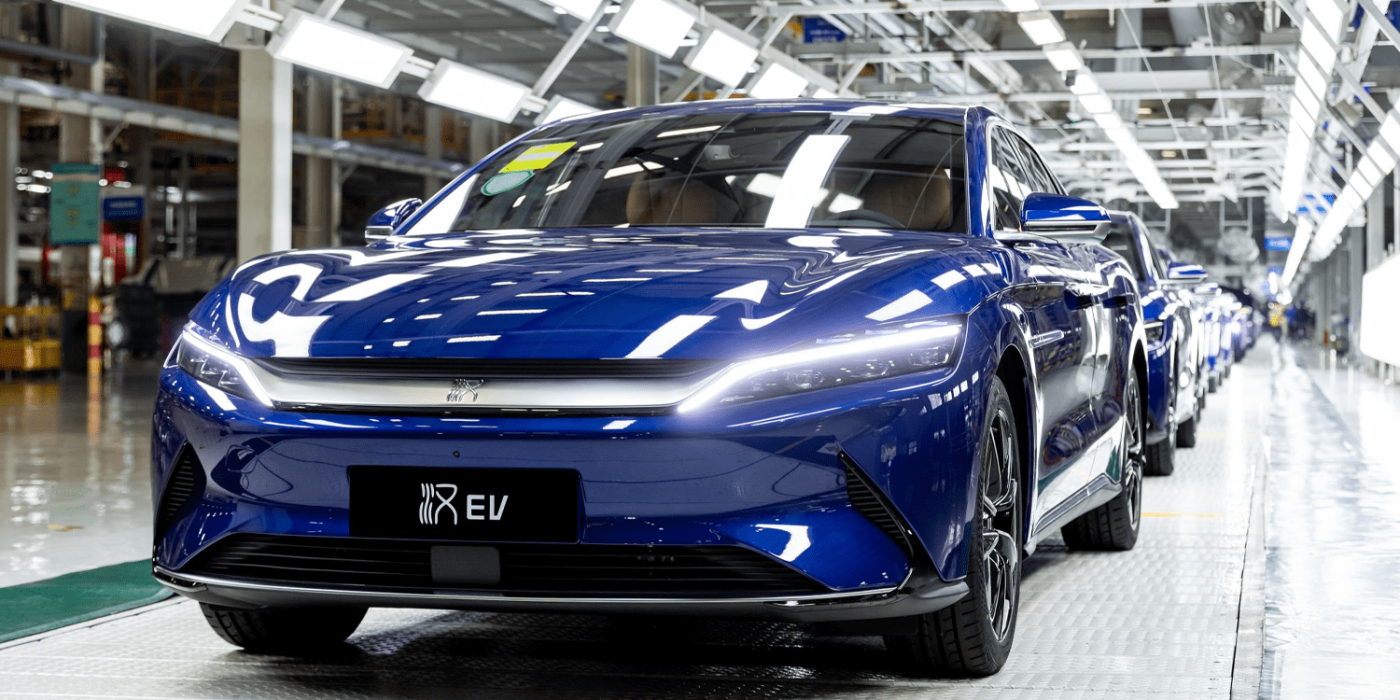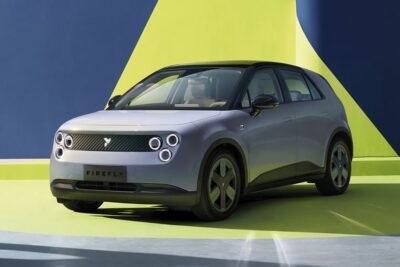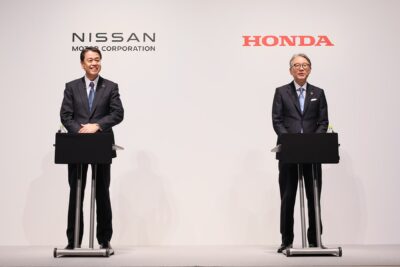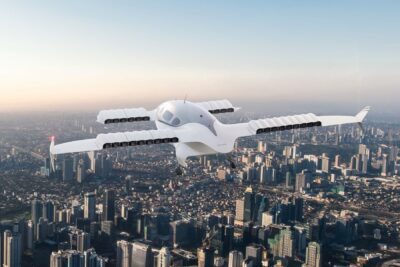NEV registrations continue to rise in China over May
Sales of electric cars and plug-in hybrids in China increased again in May. Around 717,000 of the so-called New Energy Vehicles (NEV) were sold, according to data published by the China Association of Automobile Manufacturers (CAAM).
As reported, 636,000 new NEVs hit the roads in China in April, up 12.7 per cent in the current month. Compared to May 2022 (421,000 NEVs), the 2023 result represents a 60 per cent increase. The share of New Energy Vehicles in total sales increased from 29.5 to 30.1 per cent in May compared to April. Basically, both the 30.1 per cent market share and the 717,000 NEVs registered in China are year-to-date highs. However, they do not come close to NEV sales figures achieved in part in 2022 – at that time still with purchase subsidies.
Specifically, about 522,000 battery-electric vehicles and 194,000 plug-in hybrids were sold in May, representing year-on-year growth of about 50 per cent (BEV) and 94 per cent (PHEV). Sales of fuel cell vehicles even increased by 311 per cent compared to May 2022, but remain at an extremely low level of around 400 units.
Across all drive types, 2.38 million new vehicles hit the roads in China in May. Compared to May 2022, this is an increase of almost 28 per cent. Compared to April, sales increased by 10.3 per cent, and by 12.7 per cent in the case of new energy vehicles – a figure that is almost in line with the overall market average.
A look at the manufacturers shows – almost – the usual picture: BYD is the lonely leader with 239,092 NEVs. BEVs and PHEVs continue to balance each other out – 119,603 BEVs and 119,489 PHEVs were sold in May. BYD thus breaks the one-million mark in cumulative NEV sales this year – the majority of which are passenger cars, but commercial vehicles also fall into this statistic. BYD wants to sell at least 3 million vehicles this year – this was announced by the company’s chairman and president, Wang Chuanfu, at the end of March. By the way, 10,203 of BYD’s NEVs were exported in May.
The fact that the overall market has clearly shifted in favour of BEVs is also due to the fact that many more NEV manufacturers only offer battery-electric cars. In second place is officially Tesla with 77,695 BEVs, although the exports included in this figure have not yet been published. In third place comes GAC Aion with 45,003 BEVs, marking a new record for the company, and at the same time a warning to Tesla that GAC Aion is experiencing high growth rates in China.
Among the other Chinese EV start-ups, the following May figures stand out: Great Wall Motor holds its ground in fourth place with 23,755 NEVs, followed by Leapmotor, which again recorded five-digit sales with 12,058 BEVs. The Geely brand Zeekr meanwhile delivers two models (production of the third model has started these days) and was thus able to increase its BEV sales to 8,678. For the two internationally known companies Xpeng and Nio, the 10,000 mark is currently out of reach: Xpeng still managed 7,506 BEVs, Nio only 6,155 BEVs. In the case of Nio, however, it should be mentioned that the production of some models is currently at a standstill because they are being converted from the NT1.0 to the NT2.0 platform.
cnevpost.com (CAAM statistics), cnevpost.com (BYD), cnevpost.com (Tesla), cnevpost.com (GAC Aion), cnevpost.com (Great Wall Motor), cnevpost.com (Leapmotor), cnevpost.com (Zeekr), ir.xiaopeng.com (Xpeng), ir.nio.com (Nio)





0 Comments